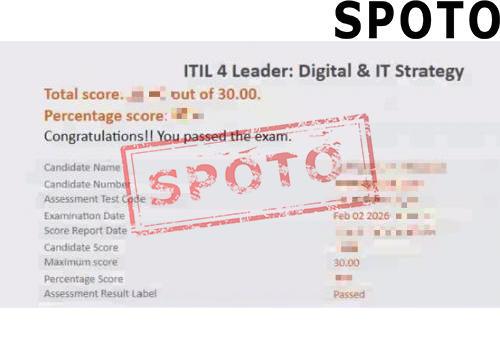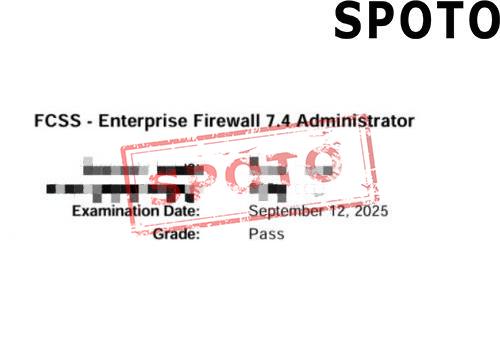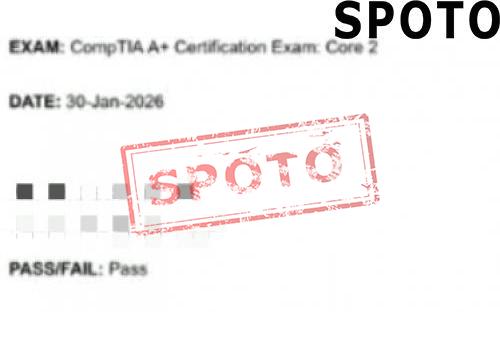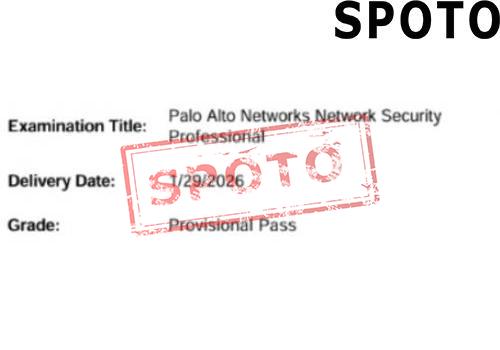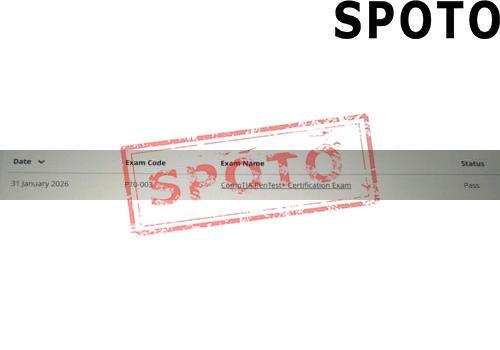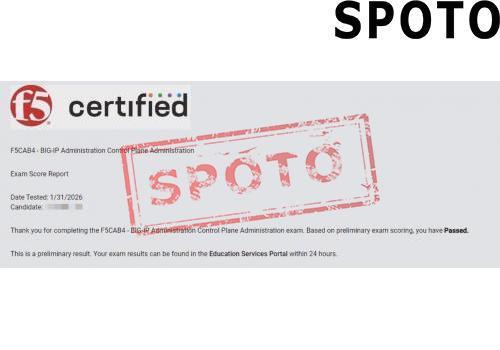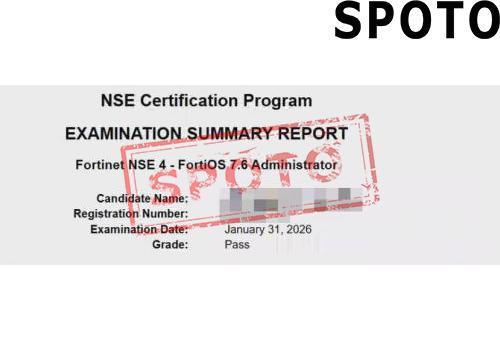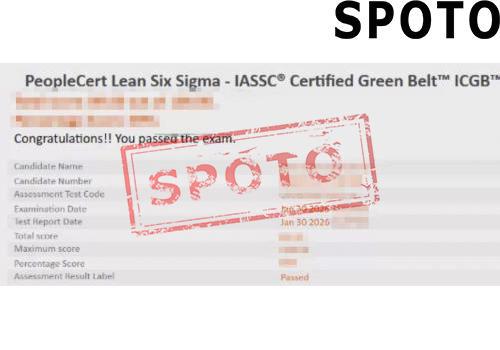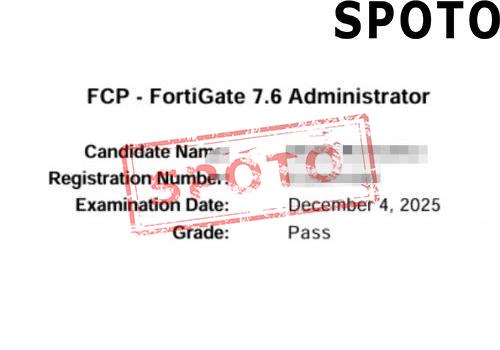
Table of Contents
- 1. What is IIBA's CCBA certification?
- 2. Benefits of having Certified Capability in Business Analysis certification
- 3. About the Certified Capability in Business Analysis credential
- 4. What abilities does the Certified Capability in Business Analysis certificate on require the holder to have?
- 5. Alternative certifications to Certified Capability in Business Analysis
Curious about CCBA certification? Discover its components, requirements, and why this global project management credential matters.
1. What is IIBA's CCBA certification?
Certified Capability in Business Analysis (IIBA’s CCBA) is a professional certification in the field of business analysis launched by the International Institute of Business Analysis (IIBA). It is aimed at business analysis practitioners with certain experience and aims to verify their ability to use business analysis knowledge, tools and skills to solve problems in complex business scenarios. It is an important transitional certification from "entry-level" to "senior" in the field of business analysis. CCBA focuses on "practical business analysis capabilities," requiring not only the mastery of the basic theoretical framework of business analysis, but also the ability to apply this knowledge in actual projects, such as demand collection and analysis, stakeholder management, business process optimization, etc. It fills the gap between "entry-level certification" and "expert certification" and is suitable for practitioners with 2-3 years of experience who want to systematically improve their practical business analysis capabilities.
2. Benefits of having Certified Capability in Business Analysis certification
CCBA is based on the BABOK Guide, a globally recognized business analysis framework. The certification process ensures that practitioners master systematic analysis methods rather than fragmented experience. It is highly recognized by companies and is an effective proof of ability standardization. According to IIBA data, the average salary of CCBA holders is 15%-20% higher than that of non-certificates. In recruitment, CCBA is an important symbol to distinguish between "junior" and "intermediate" business analysts, which can help practitioners strive for higher salaries and provide an effective foundation for career advancement. The preparation process for CCBA also forces practitioners to systematically sort out the six major knowledge areas of BABOK and improve their ability from "performing analytical tasks" to "solving complex business problems," such as more proficiently using SWOT analysis to formulate business strategies, or identifying efficiency bottlenecks through process modeling. In addition, IIBA has branches in more than 100 countries around the world. CCBA certification is internationally recognized and suitable for practitioners of multinational companies or business analysts who plan to develop overseas. It has strong global applicability.
In short, CCBA is an important credential of "practical ability" in the field of business analysis. Its core value lies in proving that practitioners can independently complete analytical work in complex business scenarios and provide effective support for business decisions. It is a key step in the career development from intermediate to senior business analysts.
3. About the Certified Capability in Business Analysis credential
The CCBA exam consists of 150 multiple-choice questions and lasts for 3 hours. The exam content is based on BABOK Guide v3, covers 6 major knowledge areas, and focuses on scenario applications. The passing score is 70% or above, and approximately 105 questions need to be answered correctly to pass the exam. The exam fee is $325 for IIBA members and $450 for non-members. The certification is valid for 3 years and requires 60 hours of PD Hours every 3 years and a renewal fee of $85 for members and $120 for non-members.
The CCBA qualification is suitable for practitioners with 2-3 years of business analysis experience or professionals who have transitioned from other positions to business analysis, such as project managers or product managers who want to deepen their analytical capabilities. "Quasi-intermediate" practitioners who plan to advance to senior business analysts can also accumulate experience and knowledge base through CCBA.
4. What abilities does the Certified Capability in Business Analysis certificate on require the holder to have?
(1) Work experience requirements
CCBA candidates must have accumulated at least 3,750 hours of business analysis work experience in the past 7 years, which is about 2 years of full-time work. Among them, at least 4 knowledge areas in the BABOK Guide must be covered, and the working time in each area must not be less than 200 hours. Some relevant work experience in non-pure business analysis positions is allowed, such as demand analysis, business process optimization, and analysis work involved in project coordination.
(2) Professional development requirements
CCBA candidates must complete at least 21 hours of professional development courses, and the content must be related to business analysis.
(3) Reference endorsement
CCBA candidates must provide endorsements from 2 professional references to prove that the submitted work experience is true and valid and that the reference must have CBAP certification or understand the applicant's work content.
(4) Maintaining certification
CCBA certification is valid for only 3 years. Candidates need to accumulate 60 hours of PD Hours every 3 years and pay a renewal fee of US$85 for members and US$120 for non-members.
5. Alternative certifications to Certified Capability in Business Analysis
- Entry Certificate in Business Analysis (ECBA)
- Certified Business Analysis Professional (CBAP)
- (Professional in Business Analysis (PBA)
